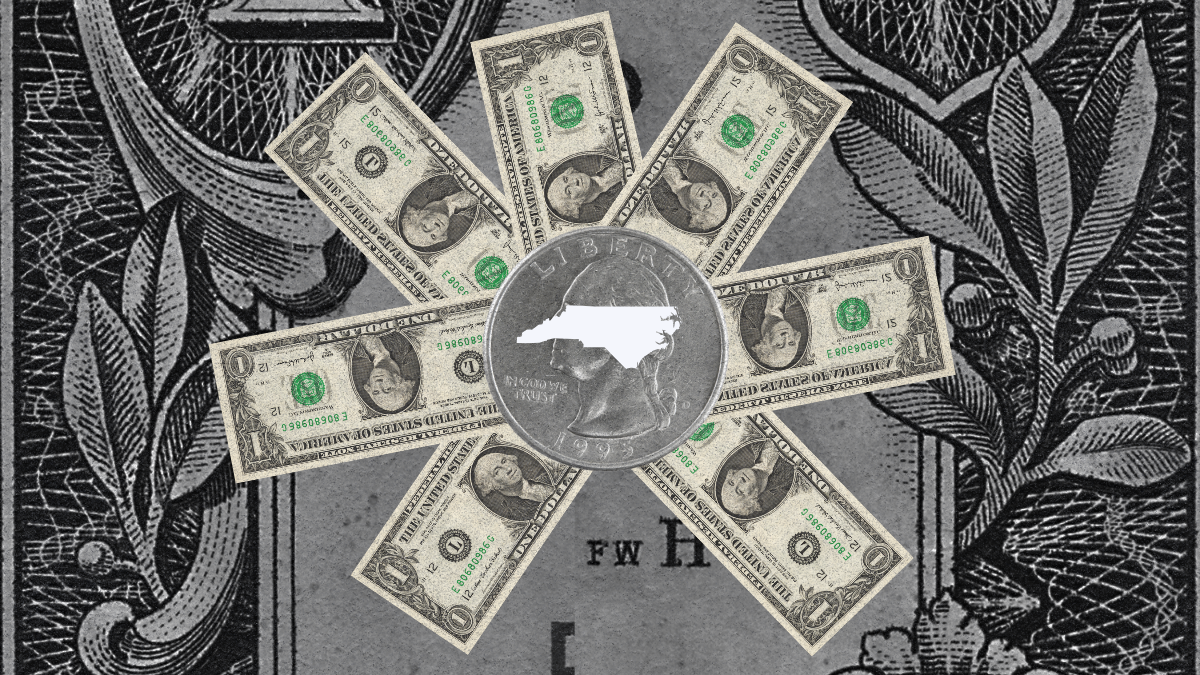Source: Greensboro News & Record
Starting this month, the minimum wage is expected to rise in 21 states, including Florida, Oregon, and the District of Columbia seeing increases later this year.
In North Carolina, minimum-wage workers haven’t seen a wage increase for over 16 years, with state Republican legislative leaders showing little interest in supporting a Democratic-sponsored bill that could change that.
“North Carolina needs to create jobs that pay workers enough to afford the basics for themselves and their families so that everyone can prosper in our state,” the N.C. Justice Center told Greensboro News & Record. “Unfortunately, North Carolina’s minimum wage has long lagged behind what it actually takes to get by and work has lost its promise of prosperity.”
According to an analysis from the Massachusetts Institute of Technology, the state’s minimum hourly wage of $7.25 is just one cent above the poverty level for a single adult with no children.
The Greensboro News & Record reports that if the North Carolina minimum wage had been tied to inflation — as is mandated in several states — it would have risen to $10.83 as of November 2024, or $22,526 annually.
However, for the last 14 years, state Republican legislative leaders have refused to back any of the 51 Democratic-sponsored minimum-wage hike bills.
In just the 2023-2024 legislative session alone, Democrats introduced nine bills aimed at increasing the minimum wage. Despite Democrats’ attempts, state Republican leaders passed a 2023 state budget that contained language prohibiting local governments and municipalities from establishing minimum wage requirements for private employers, according to Greensboro News & Record.
“This fact is disappointing, but not surprising. North Carolina is notorious for having low wages, poor worker protections, and lacking rights to organize unions,” stated Sam Stites, living wage program coordinator for Just Economics of Western North Carolina. “Raising the minimum wage would apply upward wage pressure, and those earning above the minimum wage would likely see improvements in their compensation”.
North Carolina is one of 19 southern states that have yet to increase the minimum wage. Out of the 19 states, 15 are red, three purple, and one blue — with economists finding that states passing higher minimum wages lean blue or purple.
“Minimum-wage increases are in almost all cases a product of legislation passed by Democratic-controlled state governments, or they have been enacted through voter-initiated measures in states that allow voters to initiate ballot measures,” said John Dinan, a Wake Forest University political science professor, told Greensboro News & Record.
“We have found, in both Democratic-leaning and Republican-leaning states, that voter-initiated ballot measures have been a particularly effective way of raising the minimum wage.”
During the 2023-2024 legislative session, voters in red-state Missouri increased its minimum wage to $15 through a ballot measure. In 2026, the state’s workers will expect to see their wages increase – giving the state the 18th highest minimum wage in the country.





